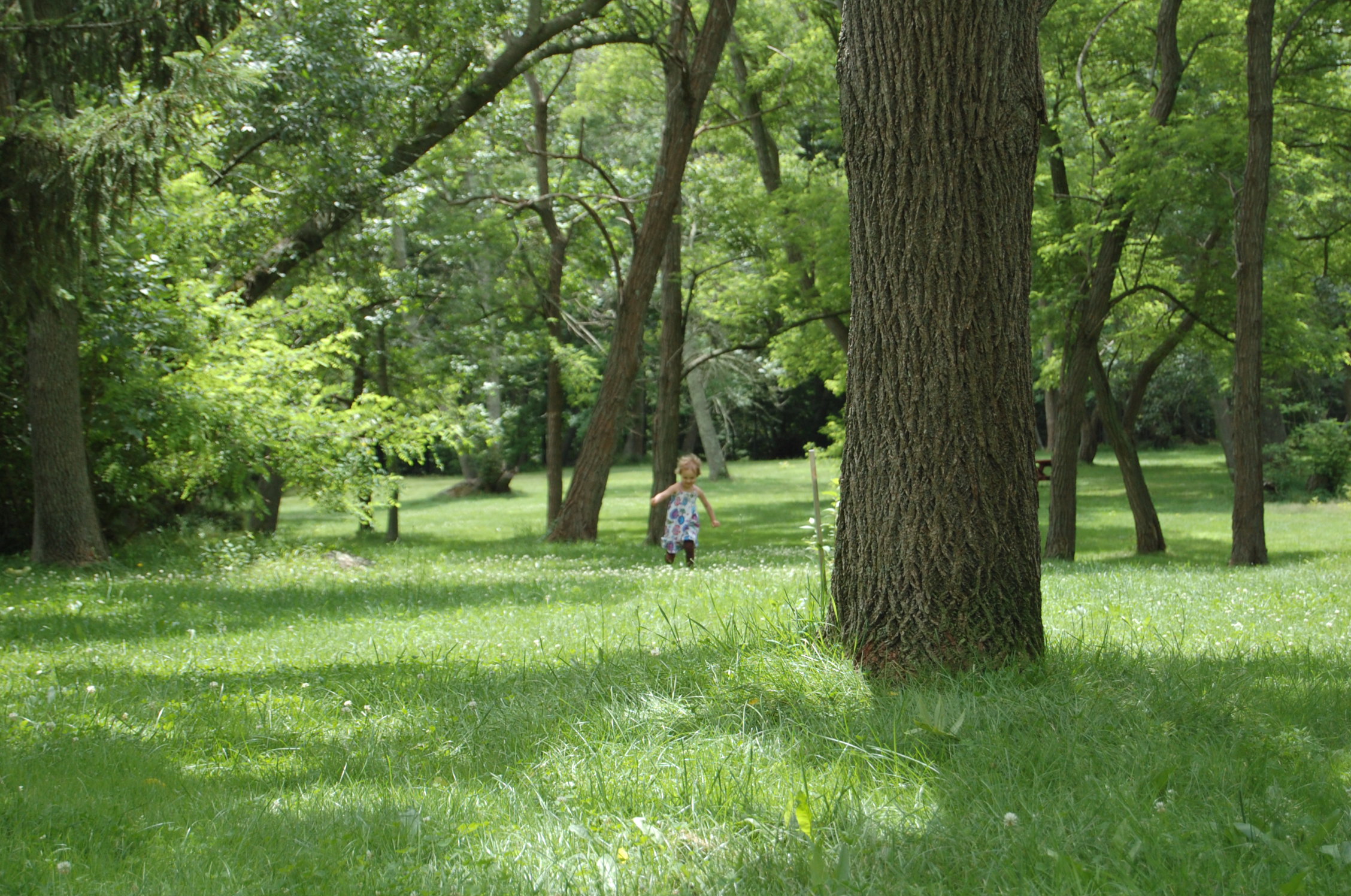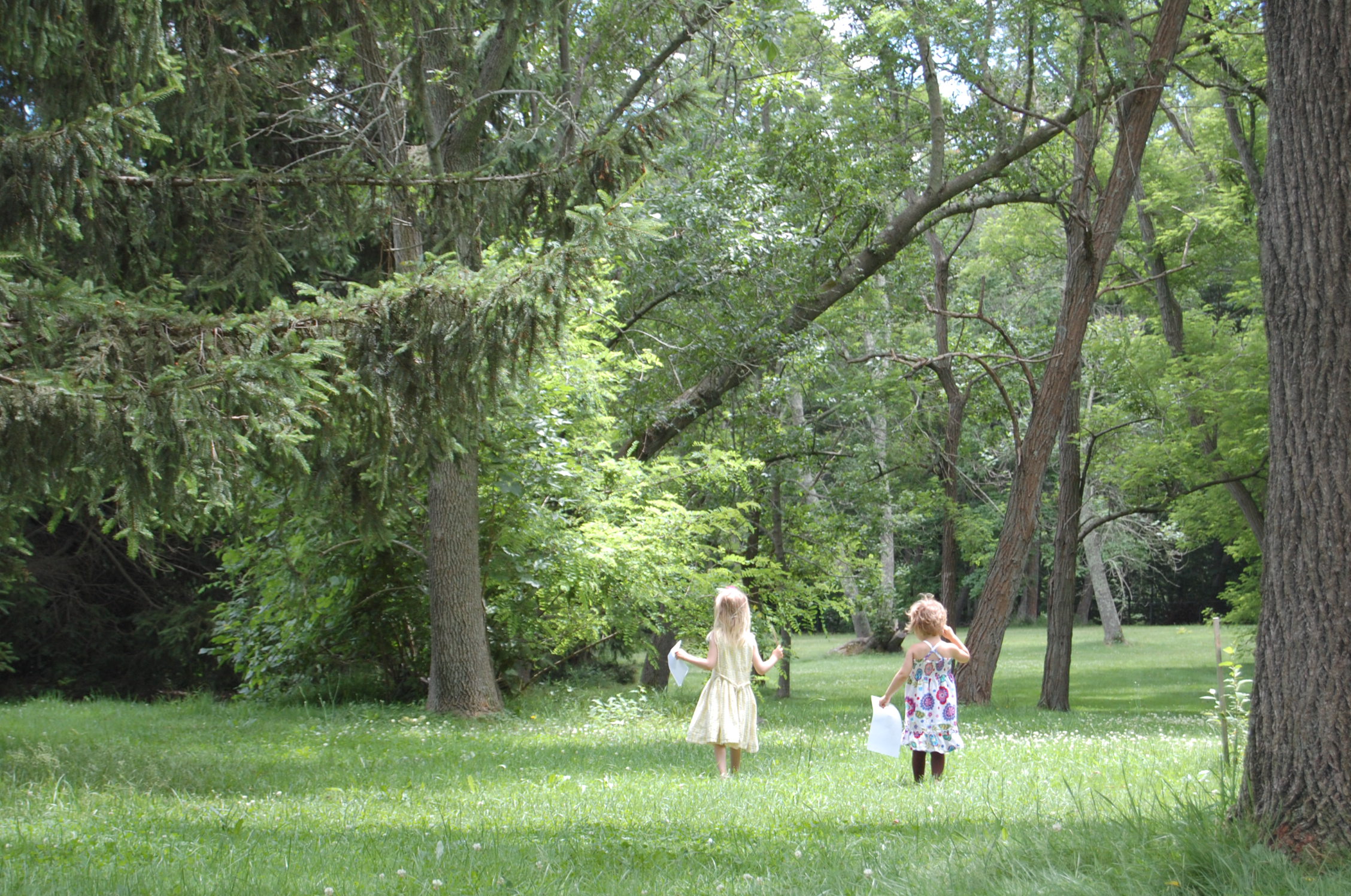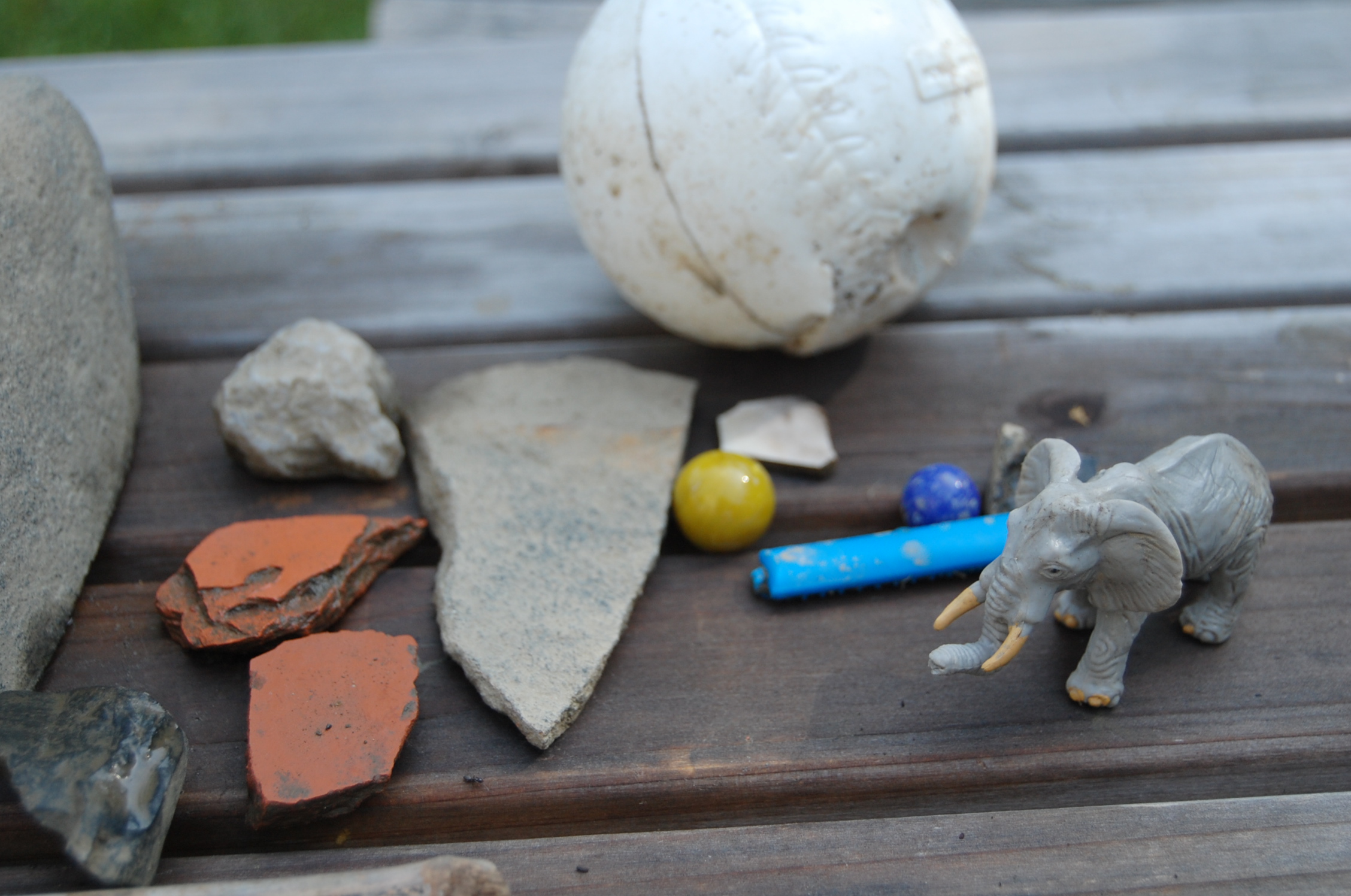Hello, my name is Bethany, and I am a toy snob. At least, that is what I was told this week by a close friend who is a recovering toy snob.
I don’t like plastic toys. I don’t like their typically short lifespan, the sheer volume of them in the world; the impact that their production and disposal have on the environment. Not to mention the issues I have with some of the actual toys themselves, particularly toys marketed to young girls...the impossible body image of Barbie and her friends; encouraging little girls to spend hours on end deciding which (typically inappropriate) outfit looks best.
The worse offense, and it is certainly not relegated to plastic toys, is the blatant commercialism targeted at our most impressionable little friends. “Do you like My Little Pony? Great! Now you must buy everything from hairbrushes to shoes to potty chairs featuring My Little Pony!” I think it sets children up to fall into a dangerous pattern of mindless consumerism, not to mention gullibility. Do we really want to feed into the notion that soup with Tinkerbell on the can actually tastes better?
In Waldorf early childhood programs, toys are chosen very consciously. They are almost always made of natural materials such as wool, silk, cotton or wood. They can be human powered but never battery powered. They are non-commercial. The reason? Natural toys offer the appropriate sensorial experience to the impressionable young child. Children’s imaginations thrive when they are given simple, open ended toys. This makes a world of sense to me, and I have embraced this thinking fully when considering what toys to buy for my own children.
Its not that my children live in a bubble, and I certainly don’t prohibit them from playing with non-Waldorf toys when we are out and about. I don’t make a big deal about my feelings about toys in front of them. I don’t want them to feel that certain toys are bad. I try to be diplomatic. For example, I have dodged taking home a couple of huge bins of Polly Pockets from my lovely aunts’ house by sighting our cat, who has a penchant for eating small bits and bobs, of which “Polly” has oodles (if you are familiar with Polly Pockets you know what I mean - Good God, the shoes alone!). The girls have accepted this reasoning (because it is kinda true). So, they have a Polly Pockets extravaganza whenever we visit my aunts. We are all okay with that.
So this friend, this toy snob in recovery, is so very generous and she loves to give away toys that her children have outgrown. She has given us many lovely toys, truly...and more recently, with a wink and a knowing grin, she has begun to send us home with contraband.
It started with a plastic cash register. I removed the batteries, and I was cool with it. Then it was teeny, tiny Playmobile animals and Magnatiles (again, fine), but now we have started down the path of My Little Pony, Princesses and Polly Pockets. It has been the proverbial “slippery slope”. As we were walking toward our car from this particular friend’s house the other day, my three year old, who was clutching several new treasures, inadvertently dropped a small doll in the grass. I noticed, but kept my stride, hoping to leave it behind. My friend called out, “You dropped one!” and then “I saw you watch that drop, Mama!” (Did I mention she’s a stinker?). I was not pleased. Really, really not pleased. It was then that I realized I needed to do some soul searching...about toys. Really? Did I just say that? Maybe, just maybe, I was taking this a little too seriously. I am proud of sheltering my children for as long as I have. But eventually, the world gets in. If I make these toys taboo, isn’t that going to eventually backfire? If my children have a strong foundation of imaginative play, will they use even these commercialized, plastic toys creatively? My sense is, yes, they will.
I still swear I will not buy highly commercial, plastic toys (a statement snickered at by friends who are parents of children older than mine). If the toys are given to us second hand, in moderation, I think we will all survive...and, at the very least, we are saving them from the landfill.
Saturday morning, my family and I were about to head out the door to the local farmer’s market. “Can I bring my dolly?”, my little one asked. I looked down, and in her little hand she was holding a plastic, miniature Cinderella, who was rescued the week before from a Rubbermaid graveyard in our friend’s garage. For a brief moment I considered that I may be called out as a fraud when someone sees me, the owner of a Waldorf-inspired school, sharing my Saturday with mini-Cinders.
“Sure, why not?”, I said. If she is going to play with the contraband, I need to own it. I need to keep it real. After all, as long as Cinderella is willing to earn her keep around the farm, I guess I’m okay with her hanging around for a bit.


(Yup, that’s her...milking the cow...in a tiara.)
Postscript:
At my daycare and preschool, a Waldorf and nature inspired program, the classrooms are free of plastic toys and commercialized toys and images. Though it may be virtually impossible to avoid these things in the wider world, I do believe in the great value of providing a haven from all of these influences at BLOOM. We work to create a mindful, natural environment wherein imaginative play and organic learning can flourish.
 Post a Comment → | |
Post a Comment → | | 





